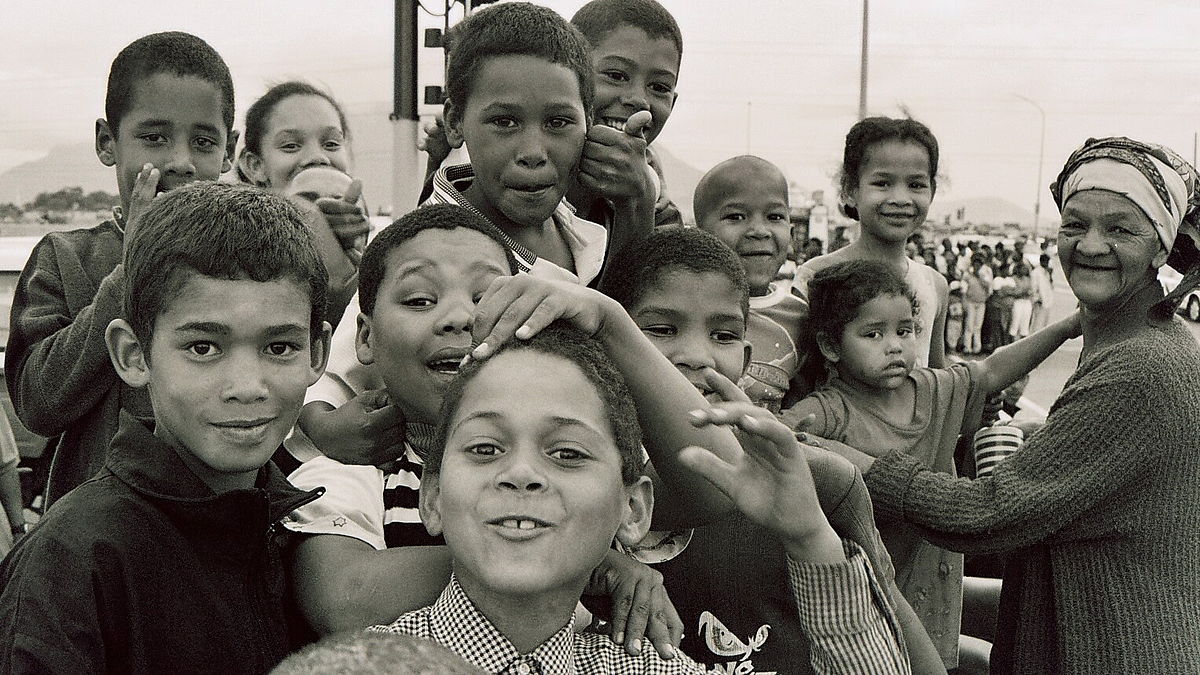On 2nd January every year, the streets of Cape Town, South Africa, are filled with ecstatic crowds. It’s the Kaapse Klopse (‘Cape Clubs’) carnival, a time of joyful music, bright costumes, and unified community.
Kaapse Klopse has its roots in the regrettable days of slavery. Until the 1830s, slavery was common in South African society. Like us, the slaves celebrated New Year’s Day on the 1st January. Their day, however was spent ensuring their “owners” and “masters” celebrations were catered for. Their ‘masters’ would allow them the 2nd of January to celebrate in their own way, hence the origin of the Kaapse Klopse.[1]
Slavery was abolished in South Africa in 1834, decades before the final abolition in the USA. Yet, the coming century would bring severe challenges of its own, including segregation and criminalization of public gatherings under Apertheid. Even so, Kaapse Klopse hung onto its existence by a thread. More recently, it has seen an increase in its popularity.
Today, the festival notes and celebrates the community’s perseverance in the face of terrible injustice: slavery, Apertheid, contemporary issues of crime, poverty and AIDS. In the midst of social injustice, Kaapse Klopse represents the power of solidarity and community. It is a powerful model in how a community can recognise the disempowered, the forgotten and the isolated.
Disempowerment and isolation exist in every community. A survey in Ireland in 2012 indicated that an incredible 7.7% of Ireland is living in “consistent poverty”, defined as earning below 60% of the average (median) income. That represents almost 8% of the Irish population unable to afford a number of basics: adequate heating, new clothes, furniture in good condition.[2] 20% of the Irish population earns 5 times that of the lowest 20%, representing a huge wealth gap.[3]
Inclusion, belonging and friendship are basic human needs, protected by fundamental human rights. Perhaps we should be inspired by South Africa’s willingness to integrate and celebrate those from more challenging circumstances. Kaapse Klopse’s fundamental message is that inclusion and acceptance should replace judgment and rejection.
[1] ‘Kaapse Klopse: A colourful celebration of perseverance’, http://www.richardscapetown.co.za/#!Kaapse-Klopse-A-colourful-celebration-of-perseverance/carq/FF3548E7-ADED-4367-A93F-63E133655D5A, accessed 18 December 2014.
[2] http://www.cso.ie/en/media/csoie/releasespublications/documents/silc/2012/silc_2012.pdf, accessed 18 December 2014.
[3] http://www.oecdbetterlifeindex.org/countries/ireland/, accessed 18 December 2014.
